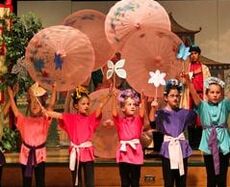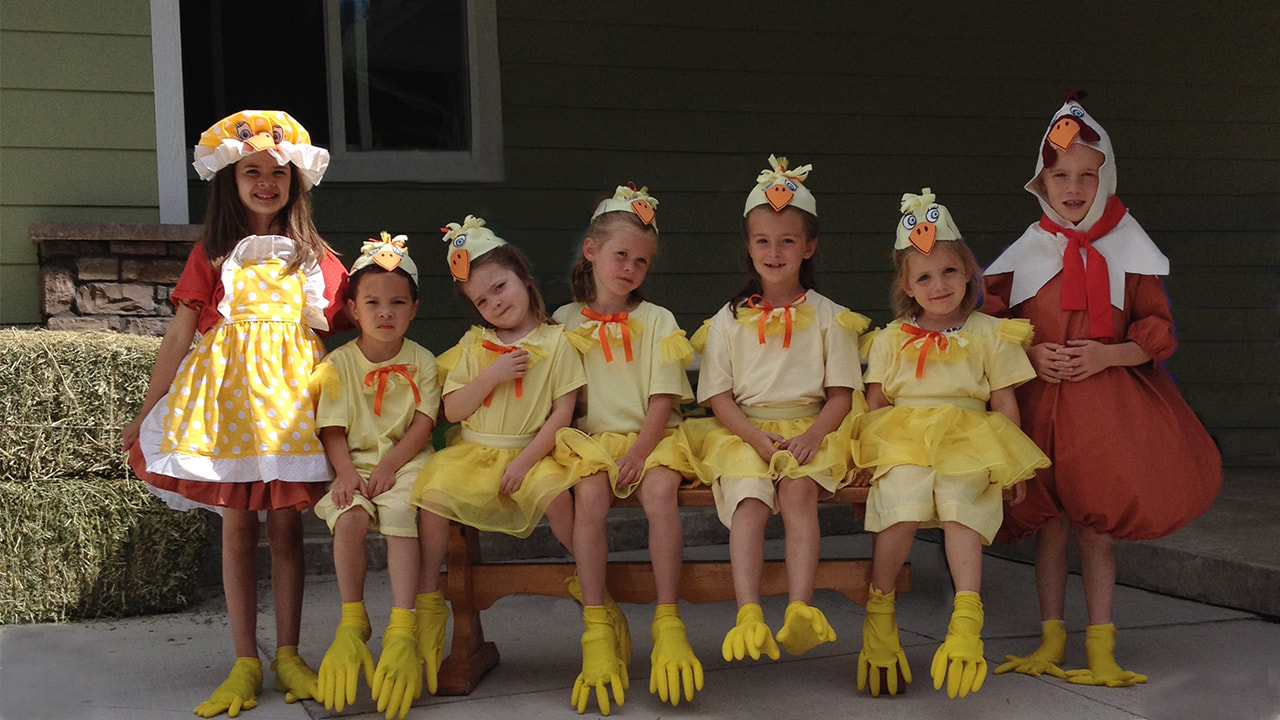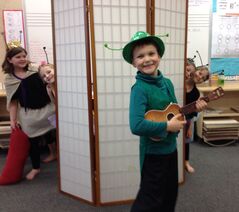Some of the most brutal audiences are those of Middle School students, especially if they are watching their peers trying to perform. They may think they are being encouraging to their classmates by laughing loudly, randomly applauding or calling out their names. But when they shout out during the performance, it only distracts the poor actors on stage. It disrupts their concentration and doesn't allow them to hear their music cues. Many of these student actors may be in their FIRST EVER PERFORMANCES. Their nerves are already at HIGH ANXIETY, and the heckling from the audience just makes them retreat into uncomfortable shyness. A Children's Musical is not a basketball game!
How to tackle this problem? Unfortunately, it takes patience and many tries. The Director may come out before the show to explain things. He may mention that in order to help the actors give a great show, they NEED TO BE A GOOD AUDIENCE. He may have them practice different kinds of laughing --- polite giggles, surprised delight, wholehearted guffaws. But he should always have the audience practice quick SILENCES so that the scene isn't disrupted. The same with applause --- there is a difference between sincere appreciation (the polite clapping between scenes) and insanely raucous clapping, whistling, and yelling at the Finale. A wise Director may have the audience practice appropriate STOPPING and momentary SILENCES explaining that this part of their job is very important to supporting the actors. (In a school setting, it may be wise to get the teachers to help prepare the student body before they see the show.)
It takes as much practice for an audience to learn ETIQUETTE as the actors do to learn acting skills and deportment. Many schools do not have the budget to afford all of the expensive sound and lighting equipment to properly run a show in a large auditorium. They may not have budget to get beautiful sets or costumes. They may have a student population that has never had access to doing arts of any kind -- no art or dance training or voice lessons. The kids and their parents may have never had any opportunities like this before and just don't know what it takes for their kids to be involved or how long it takes to put on a show.
Though it's true that a good show can be achieved on a modest budget, it has no hope of success if it is sabotaged by a rude audience. AUDIENCE ETIQUETTE is key to helping pull off an entertaining Children's Theater show!




 RSS Feed
RSS Feed